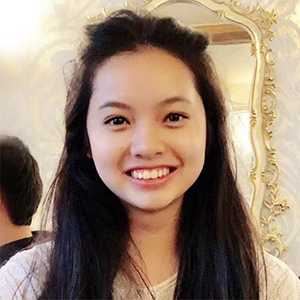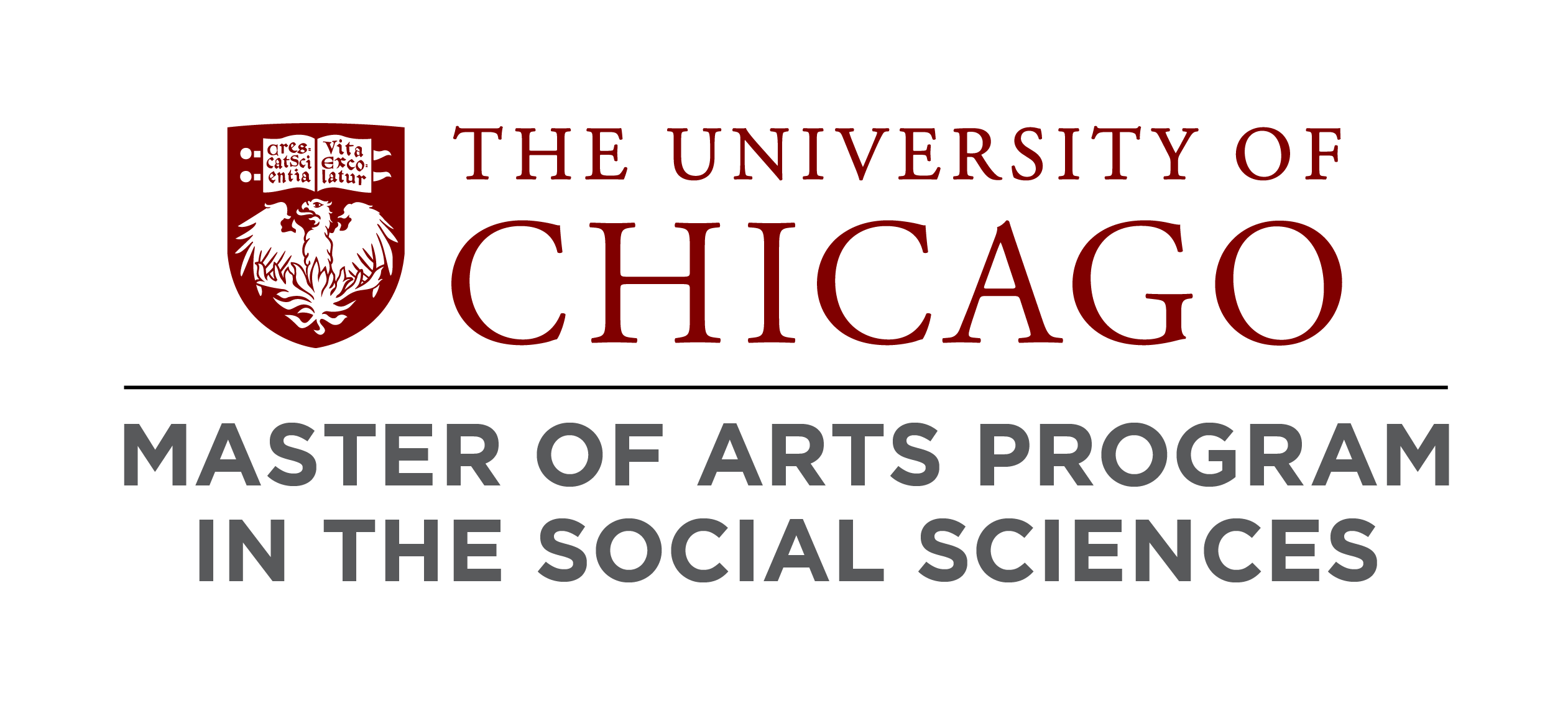Yunzhen (Amy) Liang, MA’21 (MAPSS QMSA)

Now in her third year of a doctoral program at Vanderbilt University, Yunzhen (Amy) Liang began her graduate journey in MAPSS Quantitative Methods and Social Analysis (QMSA) as a joint bachelor’s/master’s student. She originally came to UChicago as an undergraduate in 2017 and was inspired to apply to the MAPSS program after taking a class with Yanyan Sheng, Senior Instructional Professor and Associate Director of the Committee on Quantitative Methods in Social, Behavioral, and Health Sciences. “I talked with her in terms of what she sees in the program and what it looks like for students taking classes while writing their thesis,” Amy says. “I was really inspired by her and our conversation, so I decided to apply for the program.”
Amy began her studies during the pandemic in 2020, an experience informed her research interests. During that time, she worked on research projects, including one with Elaine Allensworth, Lewis-Sebring Executive Director of the UChicago Consortium, that looked at how student engagement changed during the pandemic. “We looked at data from elementary through high school students to see how their student engagement declined or improved since the pandemic,” Amy says, noting that they found strong evidence of a decline in student engagement during that period.
Amy appreciated the flexibility of the MAPSS program, which allowed her to take classes across different fields. Despite the challenges of unexpected remote learning and time zone differences when she traveled abroad, she felt well-supported by her professors and classmates. She enjoyed courses like Lisa Rosen’s on educational inequality, where she learned from diverse perspectives. “This course had MAPSS students coming from different types of backgrounds,” she explains. “There are students straight from undergraduate and those who had worked a few years before going back to school,” noting the variety of perspectives she heard.
After completing the joint BA/MA degree with MAPSS QMSA, Amy felt a call to continue research in education inequality. “I knew I could use my statistical background to help social scientists; psychologists do research and to help them build models to better analyze the data set that they have,” she says.
Reflecting on her time in MAPSS, Amy feels grateful for the research and communication skills she gained, as well as the connections she made. When she was a MAPSS student, she notes, “I'm very well supported and there are so many resources around me and professors who are willing to help me and to be so open about how they can connect me with others.”
 THE UNIVERSITY OF CHICAGO
THE UNIVERSITY OF CHICAGO

